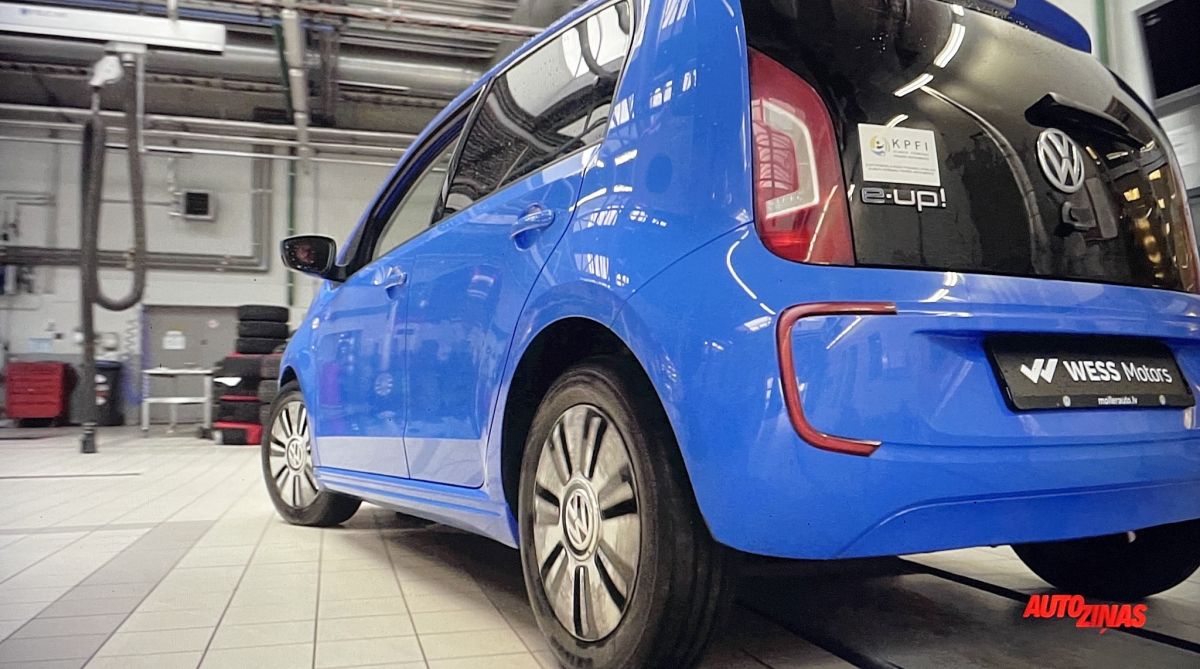“I think the most important thing is the realization that you have to work on it,” says mayor Otwin van Dijk of Oude IJsselstreek, whose municipality was also nominated, along with Stein, Zwolle, Hardenberg and Harderwijk. “Sometimes I come to municipalities where people say: ‘we have already arranged it well’ or: ‘what are we talking about, those few people?’, but our society will really become more beautiful if we make it more inclusive and accessible for everyone. “
Van Dijk, who is in a wheelchair himself, believes that the Netherlands should really start working on this now. “It is time for us to make a breakthrough in that. Sometimes I am also a bit gloomy, that I sometimes wonder why it is not so obvious and why a competition is needed for this. I am optimistic, I see the progress, but come on: there is still a notch.”
That is also the view of Leonard Geluk of the Association of Dutch Municipalities (VNG). “This requires the attention of all municipalities every day, in all areas that the municipality is involved in. That is simply an enormous task. It starts with the attitude. Are you aware of it? The most important thing is that conversations are held with people with a limitation. That doesn’t happen automatically, but it is very necessary.”
According to Geluk, the poor accessibility in some municipalities is most obvious in the form of physical barriers. “That can be removed most visibly. That buildings are accessible, that the city center is accessible. But it is also about social accessibility: can you participate in work, in education? And digital accessibility. If you are deaf, it is it is difficult to call. Can you make an appointment with the municipality via the website?”
Human rights violation
Poor or lagging accessibility policy is not only annoying for people with disabilities, but it is also a violation of their human rights, says historian Paul van Trigt, who is researching people with disabilities at Leiden University. “Many people will find that a much too dramatic representation, but if you look at it strictly from a human rights perspective, it is.”
According to Van Trigt, the Netherlands did not play a major role in the negotiations on the UN Handicap Convention (2016). “That also has to do with the fact that many countries have only realized late that a disability is something that also has to do with human rights. That was previously associated much more with development aid and as part of development cooperation.”
“In the Netherlands, the emphasis has always been very much on healthcare, and in that respect the Netherlands is not doing so badly at all,” Van Trigt continues. “That is why the Dutch are perhaps not so inclined to see it as a human rights issue, let alone that the human rights of the Dutch are being violated.”
This is not the first time that there has been criticism of accessibility for people with disabilities in the Netherlands. Earlier, the Social and Cultural Planning Office (SCP) wrote in a report that society is still not designed for people with disabilities, despite the guidelines set by the UN convention for this.
–


